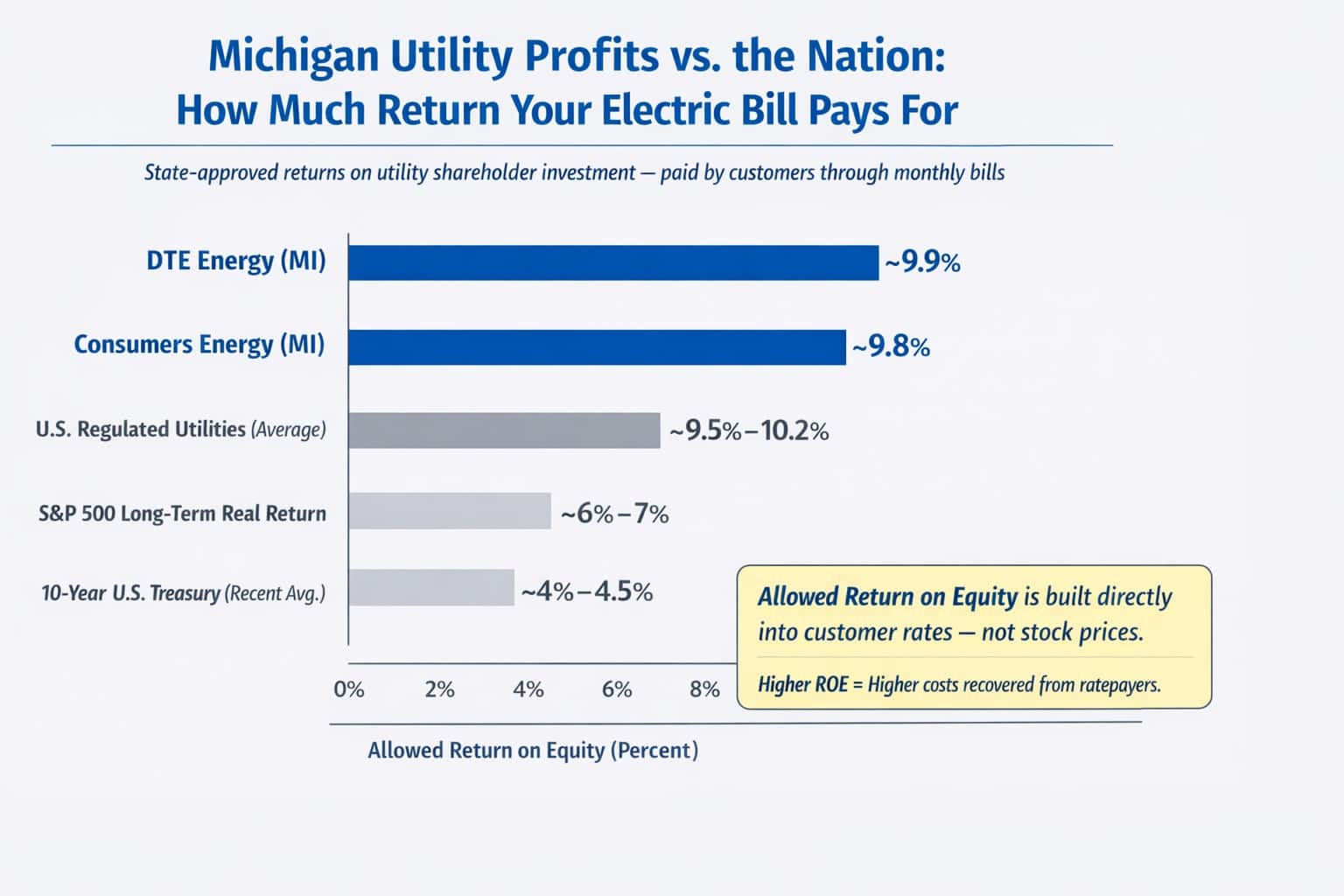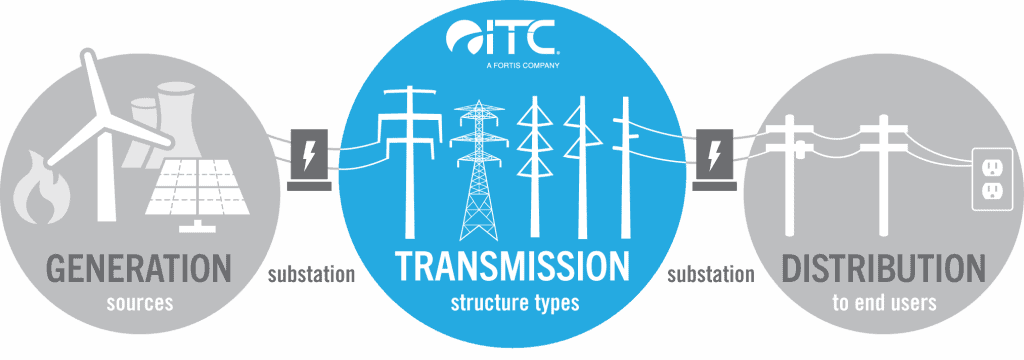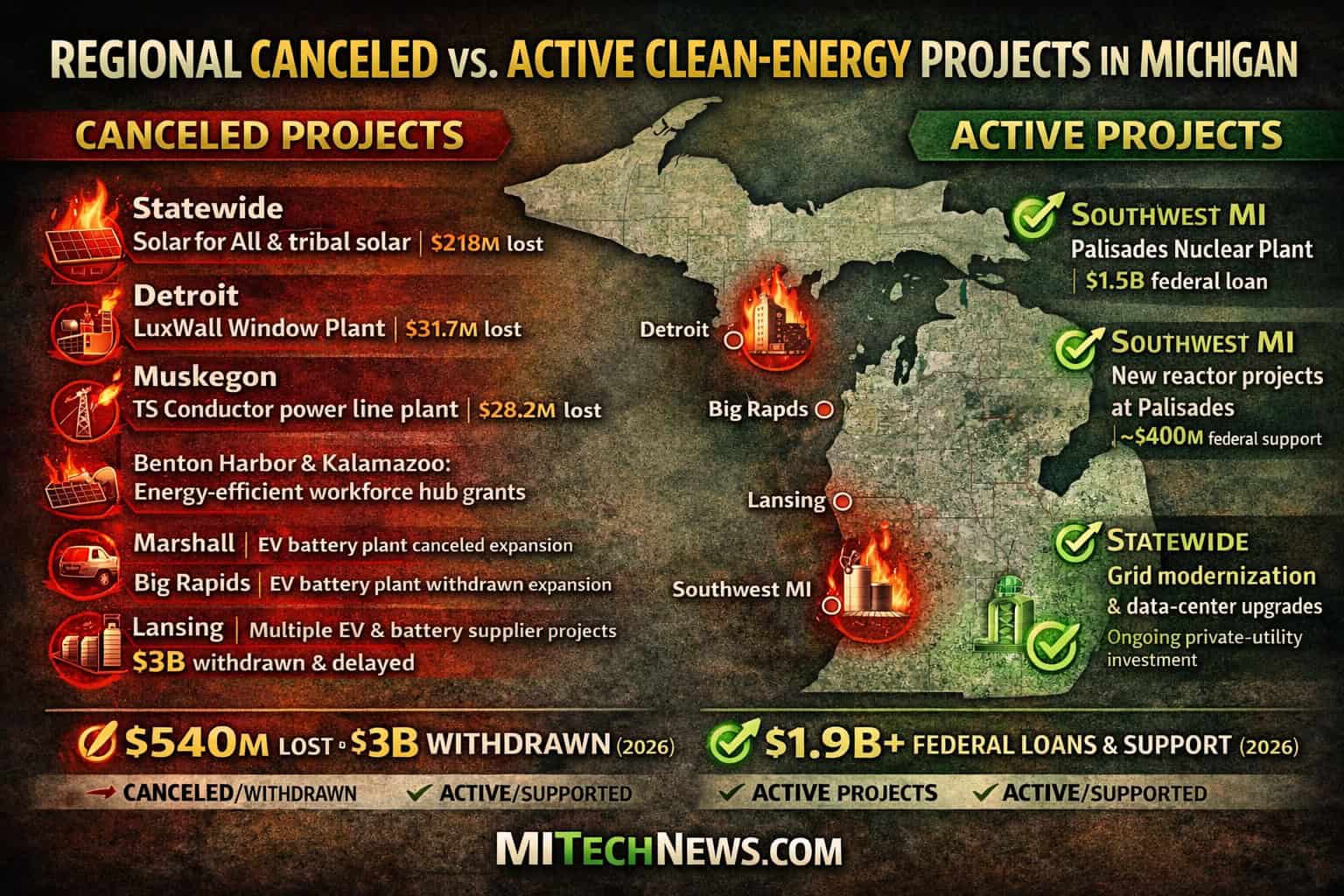LANSING – In a wide ranging consolidated case covering four separate issues involving the Detroit-based utility DTE Energy, the Court of Appeals held on Wednesday that the Public Service Commission was wrong in allowing the utility to charge for updating meters and a particular method to recover costs, but that it could charge customers for the cost of storing spent nuclear rods and maintaining older plants.
Judge Donald Owens, Judge Elizabeth Gleicher and Judge Cynthia Diane Stephens made the rulings in a per curiam decision in the consolidated case, ABATE v, PSC (COA docket No. 308130). The case plaintiffs included not just the Association of Business Advocating Tariff Equity, but also the Michigan Community Action Agency and the Michigan Environmental Council.
In its first decision, the court held the PSC was wrong to allow DTE to use a revenue decoupling method to recover costs for electric usage. While the revenue decoupling method is used frequently in setting rates for natural gas, there is no established process for it to be used for electric rates.
In a related issue, the court said the PSC was wrong to allow DTE to recoup costs for installing so-called smart meters at customers’ houses and businesses. The smart meters are seen as a better way to monitor how customers are actually using electricity and through that help customers find ways to use electricity more efficiently.
But the court said that in an earlier case it did not find the evidence that justified the utility installing the meters and charging the customers for the meters. And the court said current evidence still does not justify the practice.
The cost involved in the two items is about $79 million.
However, the court held that the utility was authorized to continue to make payments to the U.S. Department of Energy for the storage of spent nuclear fuel rods.
The issue has been complicated because the U.S. government has abandoned efforts to store the rods from DTE and all utilities at the Yucca Mountain site in Nevada, in the face of implacable political opposition. That has forced the utility to store the rods itself, and those facts led the Michigan Community Action Agency to say the contract payments should not continue.
But the court also said while the federal government has so far failed to provide a location to store the waste, there is no indication it will never do so.
Finally, the court rejected an argument from the Michigan Environmental Council and other environmental groups questioning $100 million in costs for capital improvements to eight older “marginal” generating plants using coal and other fossil fuels. The environmental groups argued that it would be better and more cost effective to keep the plants in, essentially, “cold storage” for use when needed.
But the utility could show that mothballing the plants would still involve considerable costs to ensure they could be ready if needed and able to use the transmission systems, the court said, so it was not unreasonable for the utility to engage in the improvement costs.
This story was provided by Gongwer News Service. To subscribe, click on Gongwer.Com






